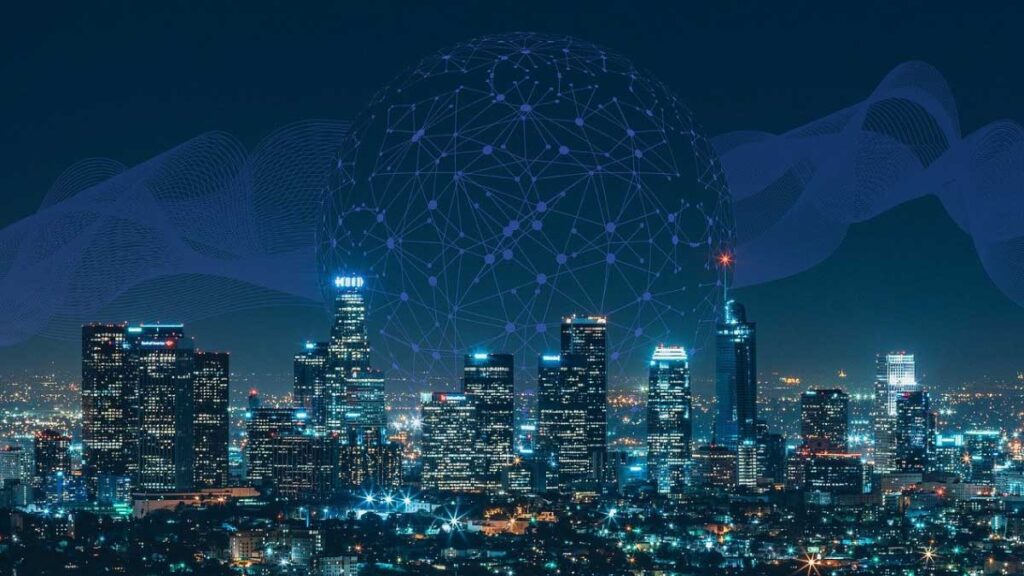
There already are smart cities located in different parts of the world. These cities utilize a confluence of sensors, information, and cyber algorithms to better the lives of city residents.
The technology used by a smart city presents numerous benefits from the transport sector to the law enforcement division. Sensors at bus-stops can relay information to the smart city’s system to determine how many buses to send. Smart parking can help drivers find parking spaces quicker.
Connected police stations and body cameras can also benefit the police, making the city safer. Air quality sensors in a smart city can detect areas of pollution, its causes, and present a solution. Above all, these qualities can skyrocket a city’s gross domestic product through the introduction of businesses.
Data collection and its privacy concerns
The issue with smart cities is that they need data for efficient running. This type of data can be collected by monitoring human interactions, facial recognition, data from residents’ smartphones, and so on. Thus, the line between legal data collection and privacy becomes blurred, and the encroachment on human rights begins.
Other security risks could emanate from massive data recordings. Hackers can perform cyberattacks on the system storing the information of smart city inhabitants. It is highly likely that smart cities will keep all of the information collected in one place.
Since smart city systems will be online at all times, it leaves them vulnerable to cyber threats. This translates to a single point of failure which could be exploited by cybercriminals. We’ve seen the effects of these threats in countries like Sweden where Distributed Denial of Service (DDoS) attacks on smart systems halted train transportation.
There is also a big possibility of user data weaned from smart cities to get sold on the dark web. Attacks perpetrated by a cybercriminal against eleven firms have resulted in the sale of user data on the dark web for over $23,000 in May 2020. Imagine a situation where the personal data of smart city residents goes up for sale. Targeted attacks would increase, burglaries and stalking would be on the rise too.
Solving these privacy problems
Before the establishment of global smart city initiatives, the rules on data collection need to be outlined. An independent panel selected by the people should critically analyze the guidelines and confer with the city’s inhabitants.
Preventive measures such as using VPNs to mask internet traffic should be implemented. VPN ensures the security of your online activity by creating a tunnel between your device and the communication node you’re connected to. Wearing face masks to prevent facial recognition can also be an effective method to stay private.